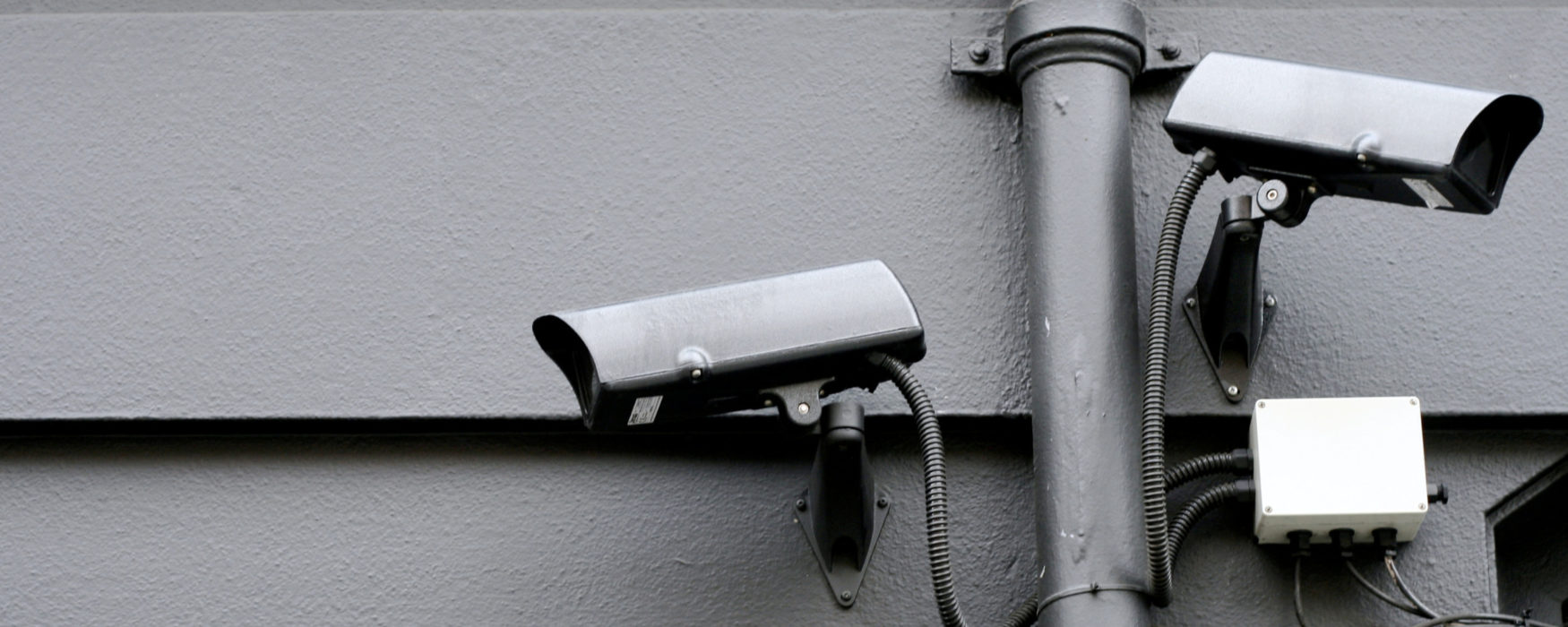
By Anthony Kaylin, courtesy of SBAM Approved Partner ASE
Many organizations are reviewing their security and surveillance policies and looking to update them. A common question coming into the ASE Research Hotline is whether the employer can utilize video surveillance and have voice/sound recording. The simple answer is yes for video and maybe for voice/sound recording.
Using video to record workers and workplaces is generally allowed in Michigan. For this type of employee monitoring, it should be in areas which there is no reasonable expectation of privacy, such a shop floor, warehouse area, or retail setting. However, where there is a reasonable expectation of privacy such as bathrooms, change rooms, etc. This use of video monitoring has been held illegal. Further, Michigan law prescribes penalties for video monitoring in these private areas.
Therefore, when utilizing video monitoring capabilities, the employer should articulate a legitimate business interest and work with legal counsel to develop an appropriate policy. The surveillance policy should be broad and written in an employee handbook, along with explanations as to other forms of electronic surveillance, such as phone calls, email, and Internet browsing activity. The policy should be presented to all employees before implementation, and employers should require employees to acknowledge in writing their understanding of such policies and practices.
It’s a bit dicier for listening in on conversations or eavesdropping. Michigan law specifically prohibits the willful use of a device to eavesdrop on a conversation without the prior consent of all parties (MCL §750.539c). The law stipulates that it is a two-party consent state. Specifically, the law states:
“Any person who is present or who is not present during a private conversation and who willfully uses any device to eavesdrop upon the conversation without the consent of all parties thereto, or who knowingly aids, employs or procures another person to do the same in violation of this section, is guilty of a felony punishable by imprisonment in a state prison for not more than 2 years or by a fine of not more than $2,000.00, or both.”
In the 1982 Sullivan case, which is still good law, the Michigan’s Court of Appeals held that a participant in a conversation cannot “eavesdrop” in their own conversation except in limited circumstances. The Sullivan court also held that a third party cannot legally record a conversation with permission by a single party to the conversation. Further, federal wiretapping laws may come into play in certain circumstances. If the employer really wants to record sound, they should immediately contact legal counsel to navigate the appropriate ways to implement this type of surveillance.
As for surveillance, there are other issues that may arise. First, if the workforce is union and a policy is not in the Collective Bargaining Agreement (CBA) already, there will likely have to be negotiations before any implementation. Second, the National Labor Relations Act prohibits an employer’s use of video surveillance to monitor employees’ union activities, including union meetings and conversations involving union matters. Moreover, employers may not use video monitoring in a manner meant to intimidate current or prospective union members.
Finally, given the insecurities of any monitoring system, employers need to ensure that the system is hackproof. It is especially important if a security system is connected to the main technology network and infrastructure, as opposed to being hosted on a separate system. A hacker who gains access to your surveillance system can gain access to the entire network. Hence, if video monitoring is the approach management wants to take, engage legal counsel to reduce any risks and ensure that the handbook policy is up to date and published for all employees to see.